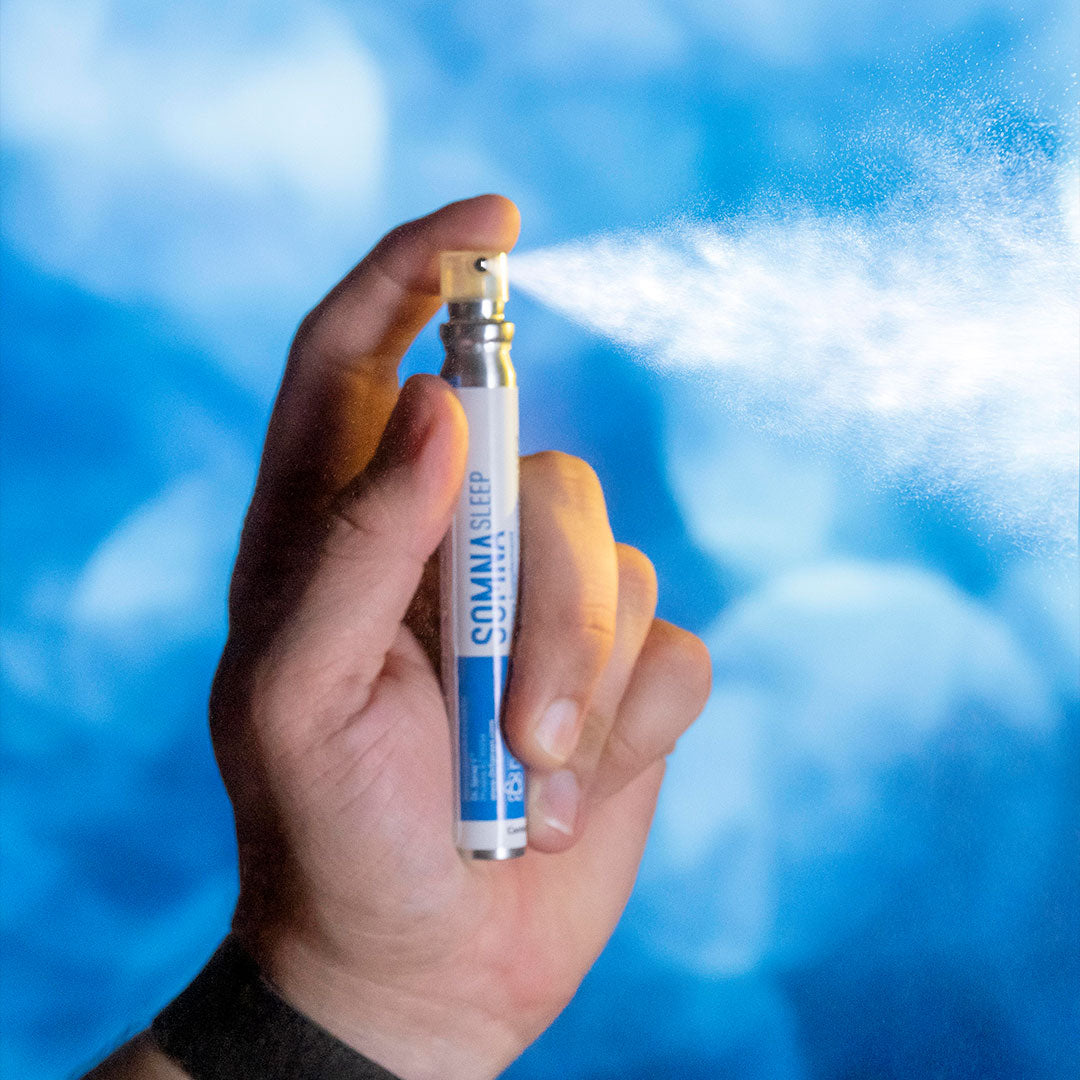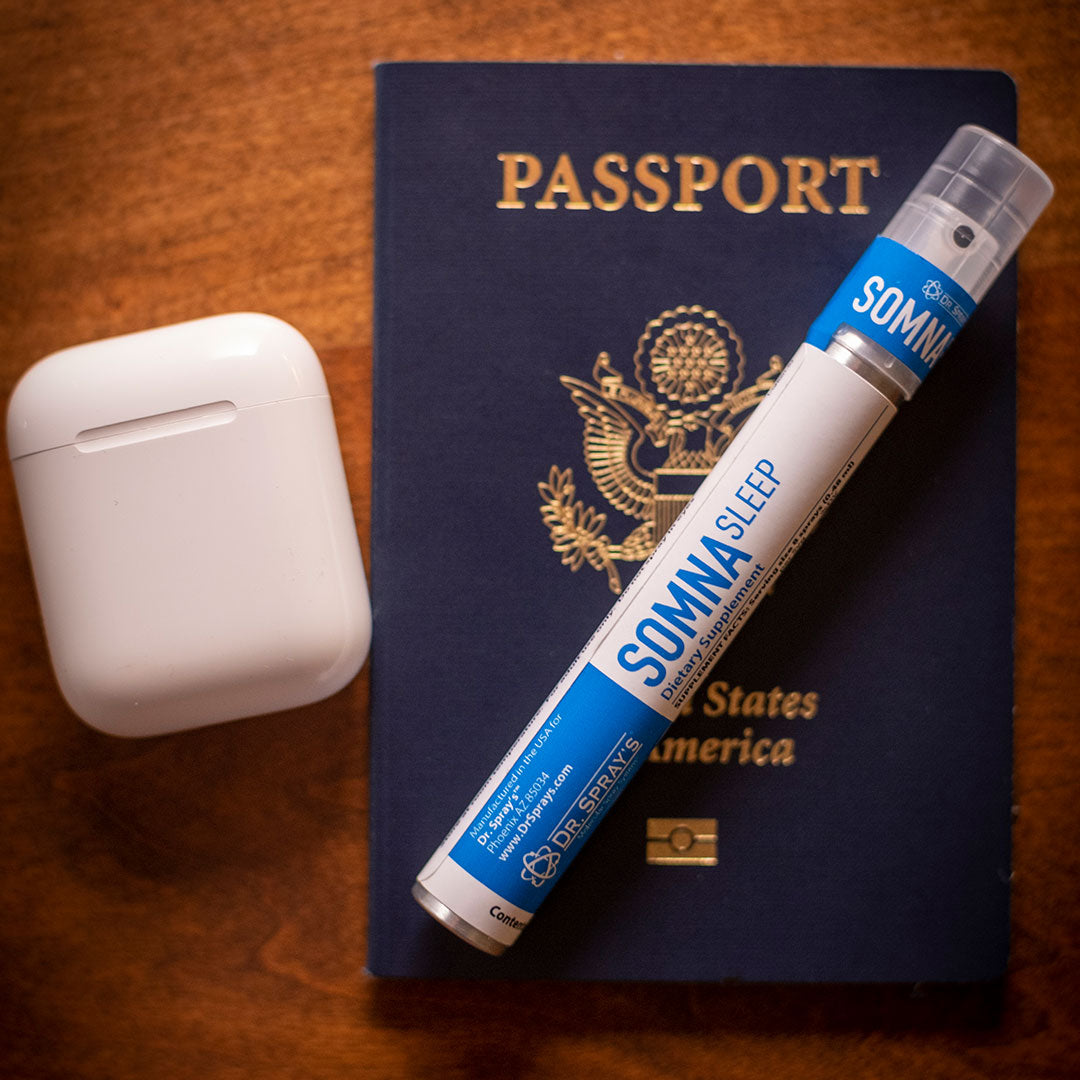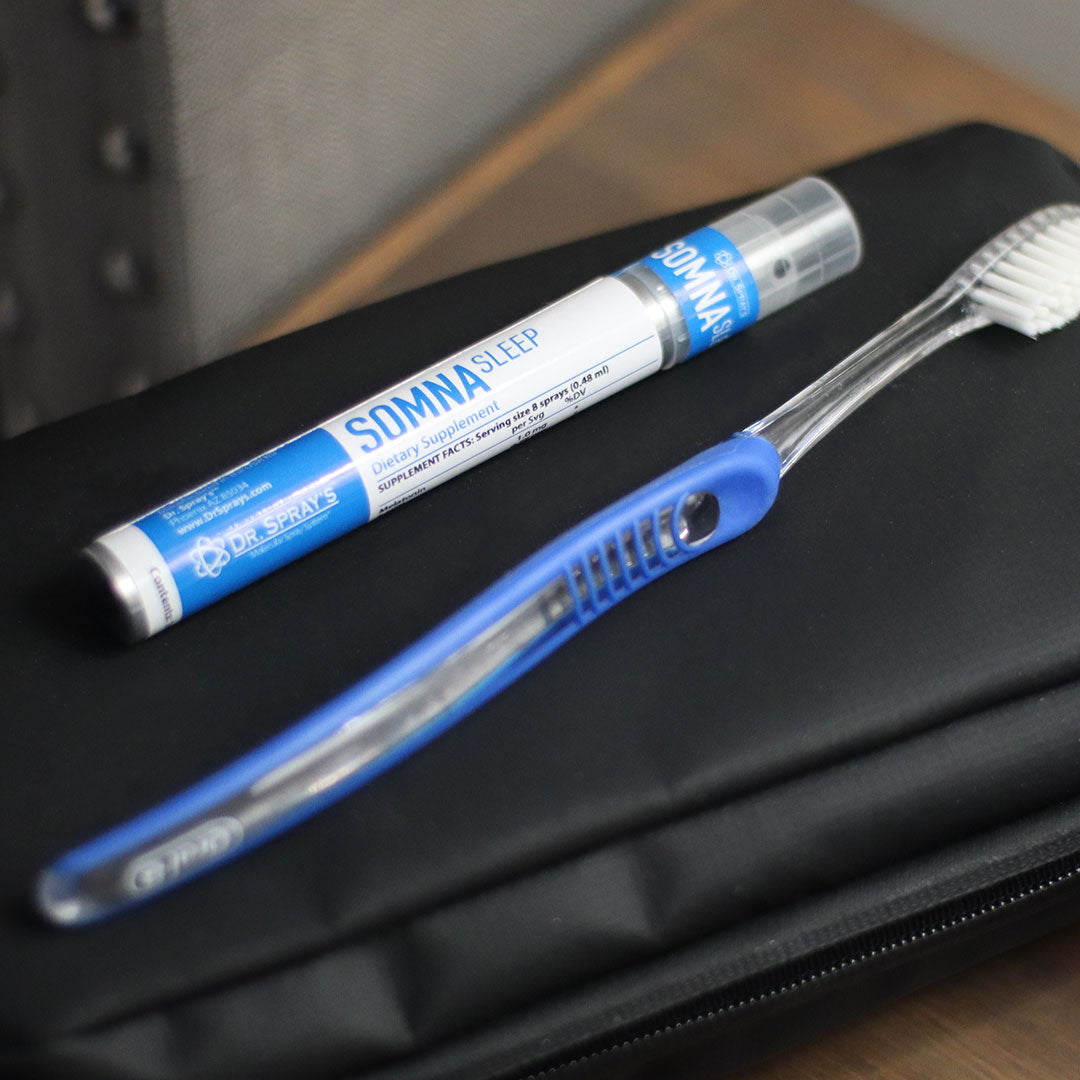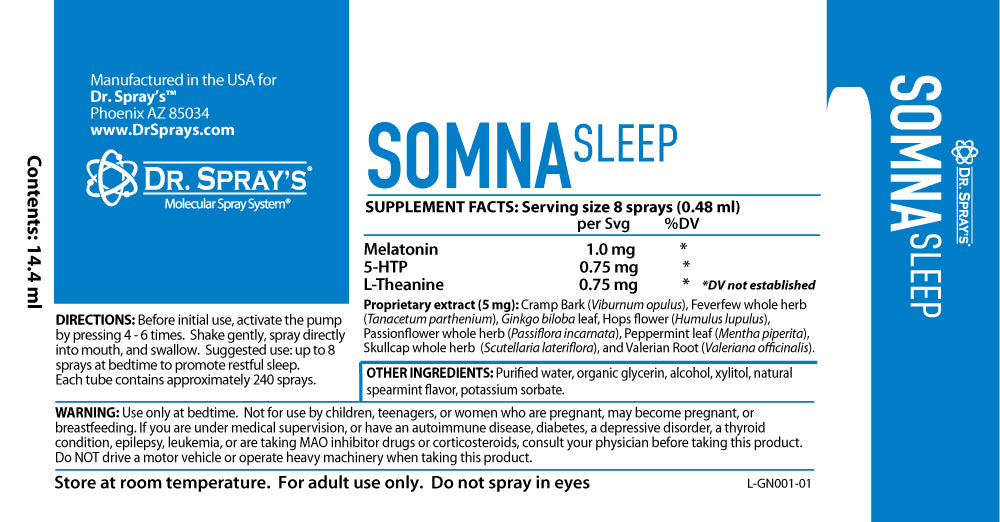How Many Hours Do 18 Year Olds Need To Sleep?
According to the National Sleep Foundation, 18 year olds need an average of 7-9 hours of sleep each day.
Most people don't get enough sleep, and this can lead to a number of problems. For example, lacking sleep can lead to poor grades, moodiness, and even depression.
There are a few things you can do to make sure you're getting enough sleep. First, try to stick to a regular sleep schedule. This means going to bed and waking up at the same time each day. You should also limit your caffeine intake and avoid working or using electronic devices in bed. Finally, create a relaxing bedtime routine that will help you wind down before going to sleep.
Getting enough sleep is important for your health and well-being. Make sure you're getting the recommended 7-9 hours each night so you can feel your best!
Most 18 year olds need at least 7 to 8 hours of sleep a day, although some may need as much as 9 or 10 hours. The National Sleep Foundation's 1998 Sleep in America poll found that 56% of teenage drivers between the ages of 16 and 18 said they had driven while drowsy in the past year, and 28% admitted to falling asleep behind the wheel.
Drowsy driving is especially dangerous because it slows reaction time, decreases awareness, and impairs decision-making. It's no wonder that drowsy driving is a contributing factor in nearly 6,000 fatal crashes each year in the United States.
If you find yourself struggling to get enough sleep, there are a few things you can do to help improve the situation. First, avoid caffeine and other Stimulants late in the day. These can make it harder to fall asleep. Second, establish a regular sleep schedule and stick to it as much as possible. Your body will adjust better to a set sleep schedule. Finally, create a relaxed environment in your bedroom for sleep. This means keeping the room dark, quiet, and cool.
There are a few things you can do to make sure you're getting enough shut-eye. First, try to stick to a regular sleep schedule by going to bed and waking up at the same time each day. This will help your body get into a rhythm and make it easier to fall asleep at night. You should also avoid caffeine and energy drinks before bed, as they can make it harder to drift off. Finally, create a relaxing bedtime routine that will help you wind down and prepare for sleep.
If you're still having trouble getting enough rest, talk to your doctor or a sleep specialist. They can help you figure out what might be causing your sleep problems and recommend treatment options. With a little effort, you can get the sleep you need to feel your best during your busy senior year.










